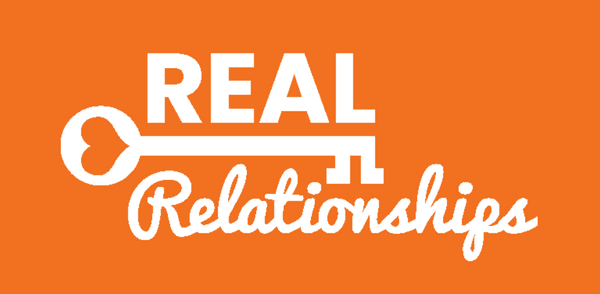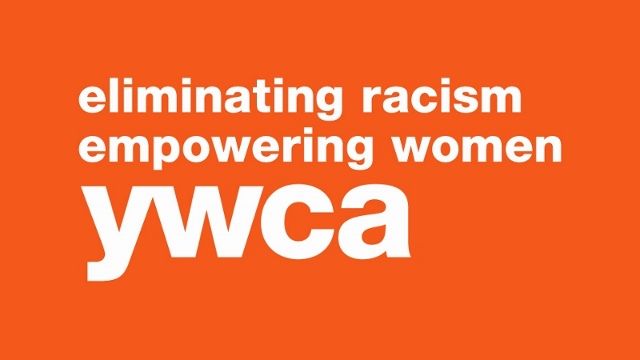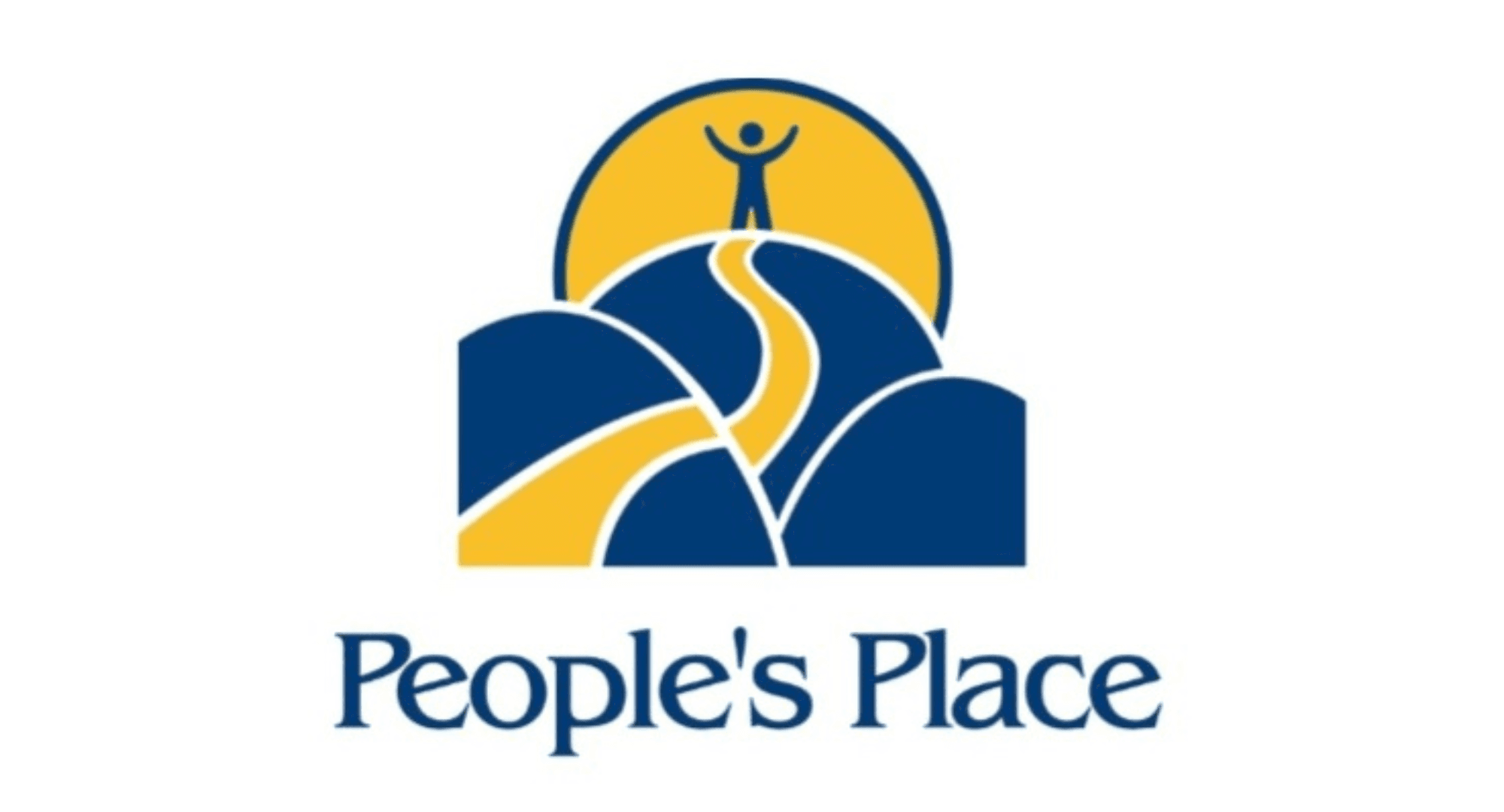How Can I Support Youth in an Unhealthy Relationship?
Katie Miller (she/her/hers)
DELTA Coordinator, Turning Point at People’s Place
February is Teen Dating Violence Awareness Month. While some people might think domestic violence only happens in adult relationships, this couldn’t be further from the truth. According to Love Is Respect, 1 in 10 high schoolers has been purposefully hit, slapped, or physically hurt by a boyfriend or girlfriend. That means every year, almost 1.5 million teens across the U.S. will experience physical dating violence. That’s far too many, especially since we know that experiencing dating violence at a young age can lead to an increased risk of further victimization by dating partners into adolescence and adulthood.
So, what can you do if a teen comes to you and discloses that they’re in an unhealthy or abusive relationship?
1. Believe them
First and foremost, thank them for trusting you enough to disclose their abuse and let them know that you believe them. Voicing concerns about a relationship —especially an abusive relationship—can be overwhelming. Adding that stress on top of other stressors like balancing school, extracurriculars, and friendships can feel even more daunting. Assuring youth that they’re in a safe space to talk openly about their worries is the first step in helping them.
2. Let them know they’re not alone
Again, dating violence among teens is a common issue. Let them know that they aren’t alone in this experience, and they don’t have to go through it alone. Hold their hand—literally or metaphorically—throughout the discussion and help them navigate pathways to safety together.
3. Make a safety plan
That brings us to the next step: safety planning. Help the teen determine what places, situations, or people are safe or unsafe for them. Maybe their partner is in all of their classes, so it’s hard for them to discretely ask for help from teachers or other school staff. Maybe their partner tracks their location or demands to know where they are at all times, in which case creating a safety plan around technology would be helpful.
How can the teen stay safe at school, at home, during extracurriculars, and digitally? How can they stay safe both physically and emotionally? What trusted adults can they confide in? Is there a code word they can use when they’re in heightened danger and need help? These are the kinds of questions you’ll need to ask.
Let the teen think of the best way to safety plan for themselves. Remember: They’re the expert on their relationship and what’s safest for them. Allow them the choice to decide what they want to do.
Check out Love is Respect’s Teen Guide to Safety Planning for more helpful tips.
4. Give them resources
Finally, provide youth with dating violence resources. Share brochures, hotline numbers, support group information, and any other materials that can help them find additional support. Domestic violence advocates are available to support survivors and refer them to the services they need.
REAL Relationships is a teen dating violence prevention program at Turning Point at People’s Place. We provide presentations and trainings to high school students, school staff and administrators, wellness center staff, and more all across Kent and Sussex Counties! We believe that everyone deserves to have healthy and safe relationships. Our approach is multifaceted but centers around the creation of protective social environments for teens and adolescents.
Intimate partner violence can affect anyone of any age, even teens. It’s important to know what to look out for and how to support the young people in your life who might be experiencing violence.
Want REAL Relationships to visit your school for a presentation or training? Check out some of our programming here!





